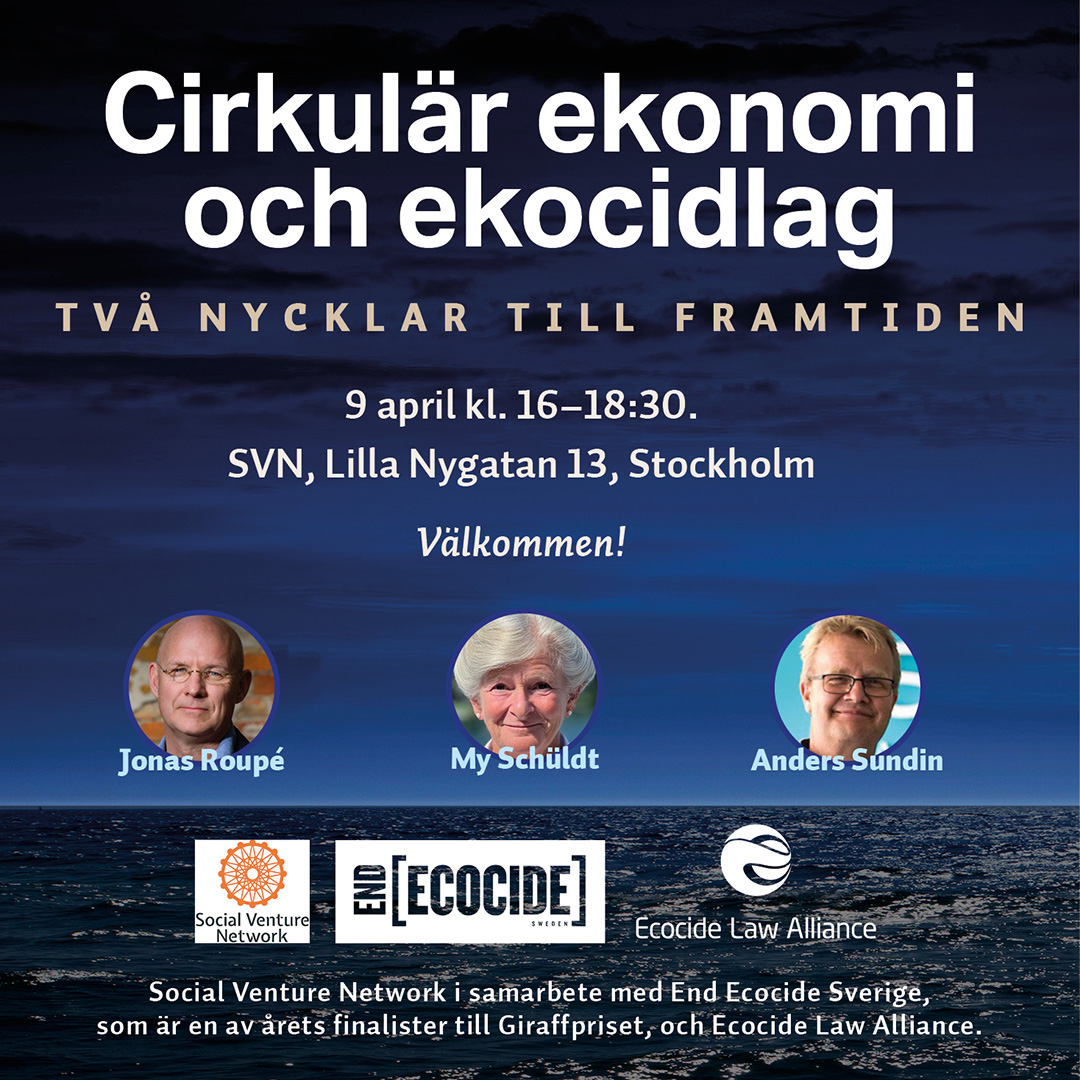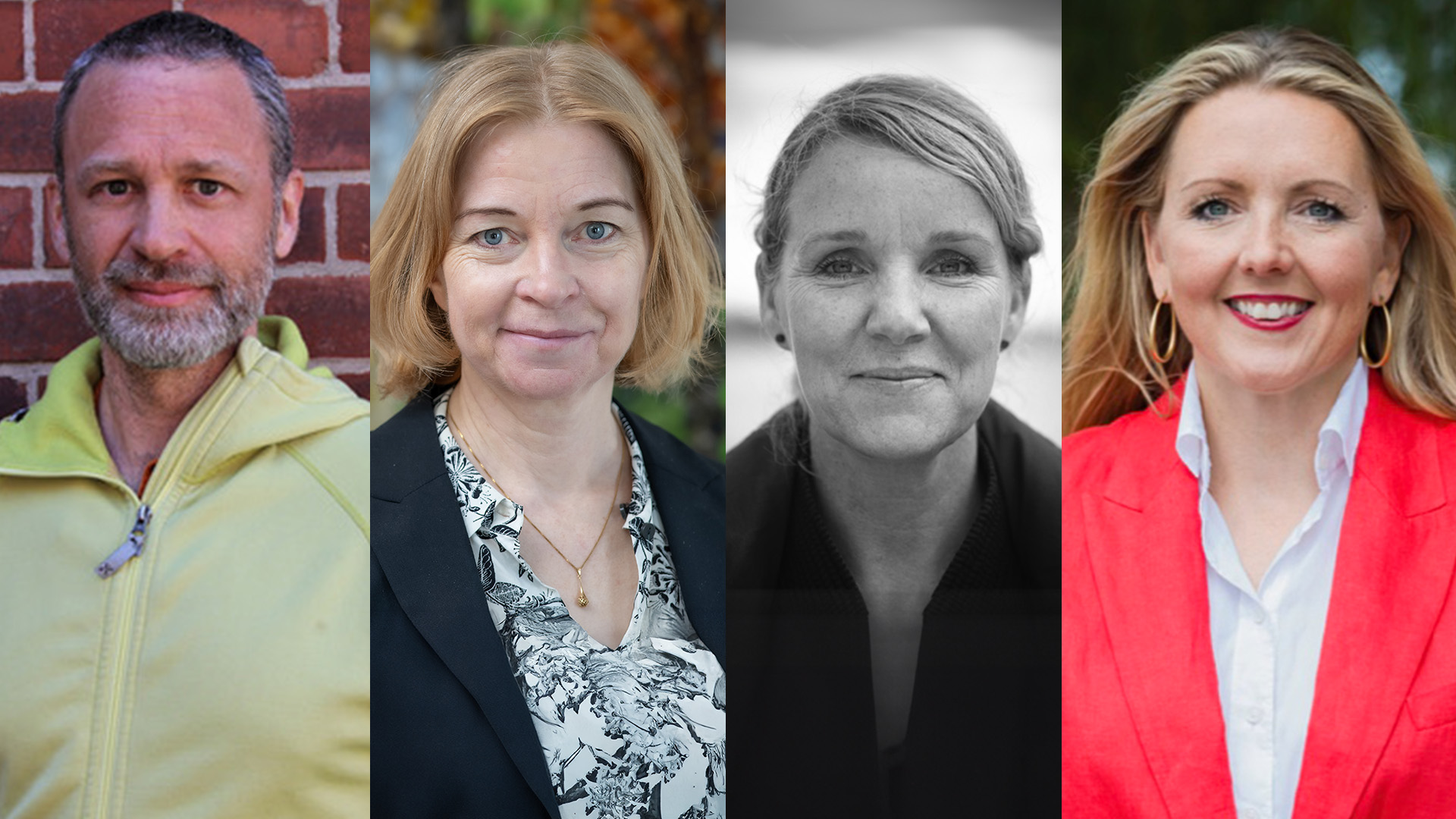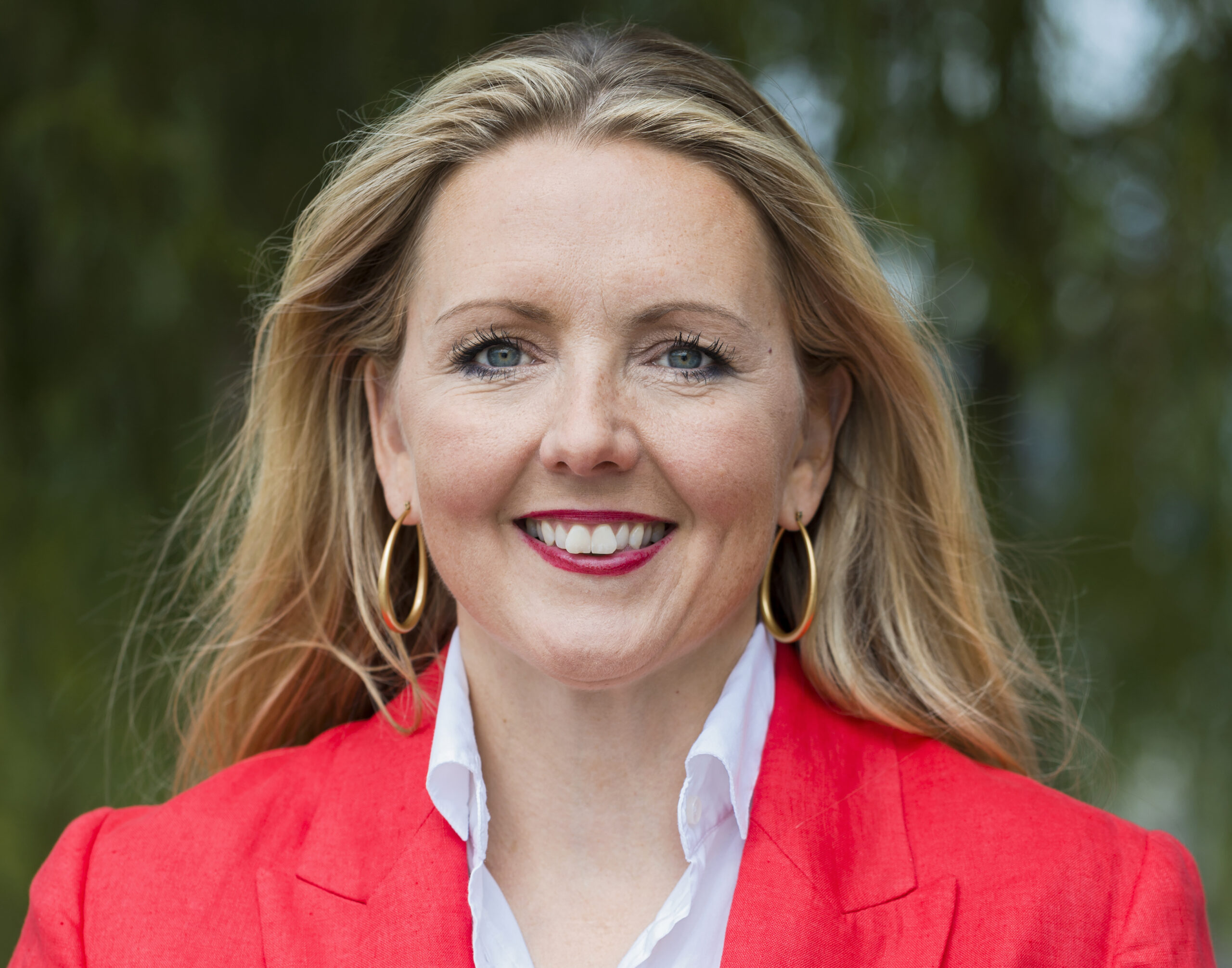Op-ed article in major Swedish newspaper Aftonbladet, read it here in Swedish.
2021 was the year when we began to treat climate change and biodiversity as different parts of the same system. Summits have been held for both issues during the autumn, and it is clear that we need to do more to protect our living conditions. One proposal is gathering increasing attention.
Making mass environmental destruction – ecocide – an international crime helps us to:
1. slow climate change
2. protect biodiversity
3. protect human rights.
It’s like a Kinder Egg for the planet.
In late June, a proposal was published for the definition of ecocide as an amendment to the Rome Statute of the International Criminal Court in The Hague. The proposal was crafted by an independent panel of top lawyers, specialists in international law.
The proposal defines ecocide as “unlawful or wanton acts committed with knowledge that there is a substantial likelihood of severe and either widespread or long-term damage to the environment being caused by those acts.”
If ecocide becomes an international crime, the top decision-makers in companies and states could be held personally responsible for decisions that have major consequences for humanity. Personal responsibility is significantly more powerful than responsibility at a national or institutional level.
International criminal law against mass destruction of the environment would contribute to a sustainable future in several ways.
- Slow climate change. Healthy ecosystems are a prerequisite for a stable climate, because they bind and store carbon dioxide. Ecocide as an international crime would also make large-scale and reckless extraction of fossil fuels a more risky activity for those involved, because the top decision-makers could be held personally liable for large-scale environmental damage. This would make the current covert subsidies for fossil fuels more uncomfortable for decision-makers, which is likely to mean that fossil fuels to a greater extent would bear their true costs, instead of, as currently, these costs being passed on to the most vulnerable and to future generations.
- Protect biodiversity. The greatest threat to the wealth of nature is the destruction of the ecosystems where the species have their home. By protecting e.g. old forests, we also protect the species that live there.
- Protect human rights. Protecting the environment also protects human rights such as the right to clean water, food, health and freedom. On 21 October 2021, the UN Human Rights Council also adopted a resolution establishing a clean and healthy environment as a human right, calling on the Member States to work together for it.
International law is needed, because without it we risk polluting operations being moved to countries with weaker environmental laws and legal systems. At the first international conference on environmental issues, the Stockholm Conference in 1972, Prime Minister Olof Palme used the term ecocide and called it an “atrocity, which requires immediate international attention”. He ended his speech by saying: “Our future is common. We must share it together. We must shape it together.” That is equally true today. It is high time to ensure that we have common rules to protect the climate, nature and each other.
Currently, the International Criminal Court can prosecute those responsible for genocide, crimes against humanity, war crimes and crimes of aggression. Adding ecocide would show how serious the extreme destruction of ecosystems is. Technically, it is not difficult to do. Any of the parties to the Rome Statute may propose an amendment to it, which then needs to be approved by at least two-thirds of the parties. During 2021, a number of states have expressed interest in ecocide law, e.g. Belgium and Finland. Other actors also support the idea of an ecocide law, including the EU Committee on Foreign Affairs and the International Corporate Governance Network, ICGN, whose members manage more than half of the world’s capital under management.
We suggested above that ecocide law is like a Kinder Egg for the planet.
So what is the surprise?
Here we go.
The most far-reaching effects of criminalizing ecocide is that this will also affect our values, because that which is criminal, we humans also regard as immoral. When we value nature more, we will have a healthier society and healthier people.
Christmas is the festival of hope. Ecocide law brings hope.
Merry Christmas from
Pella Thiel, Chair, End Ecocide Sweden; Expert, UN Harmony with Nature Programme.
Kristín Vala Ragnarsdóttir, Professor of Sustainability Science, University of Iceland.
Eleanor Sharpston, QC, Advocate General at the Court of Justice of the European Union 2006-2020.
Kate Mackintosh, Executive Director of the Promise Institute for Human Rights at UCLA School of Law.
Alexandre Antonelli, Professor of Biodiversity at the Universities of Gothenburg and Oxford, Research Director of the Royal Botanic Gardens, Kew, in Great Britain.
Kevin Noone, Professor of Chemical Meteorology, Stockholm University, and Researchers Desk.







